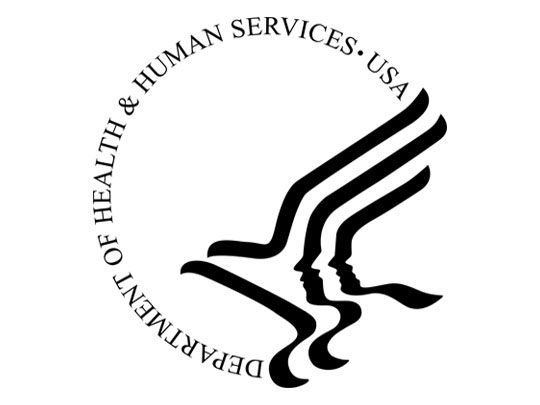When to Seek Emergency Care

Cross-posted from U.S. Department of Health and Human Services
We are all doing our part to help slow the spread during the COVID-19 pandemic. Physical distancing is important to prevent the spread of COVID-19, but it is equally important that you monitor your health and know when to seek emergency medical care for serious symptoms that are not related to COVID-19. You may be concerned about going to a hospital or urgent care site during this outbreak, when many people are seeking care for coronavirus. There are, however, some signs and symptoms of a medical emergency that you should always seek treatment for immediately.
Never avoid emergency rooms or wait to see a doctor if you feel your symptoms are truly serious.
Know the signs and symptoms of a medical emergency for which you should always seek treatment immediately.
If you experience any of these symptoms, you should call 911 and/or go to the emergency room.
Examples of serious medical symptoms are:
- Difficulty breathing, shortness of breath;
- Difficulty speaking;
- Sudden face drooping;
- Chest or upper abdominal pressure or pain;
- Seizure;
- Confusion;
- Any sudden or severe pain;
- Uncontrolled bleeding; or
- Severe or persistent vomiting or diarrhea.
If you are not sure whether your symptoms are serious enough that you need immediate medical attention, contact your usual healthcare provider. Many providers are offering virtual visits (telehealth services by phone or on your computer) as well as other remote ways to provide advice and care, during this outbreak. Your healthcare insurance program may offer a nursing advice line.
If you do not have a routine healthcare provider, insurance, or internet access, contact the nearest emergency medical system by calling 911.
If you have a medical emergency, call 911 immediately.
For more information on symptoms related to conditions that may require immediate attention, go to:
Healthcare Resources
All of these resources are available free of charge and no permission is needed for sharing and distribution. I encourage you to share these resources broadly with family and friends. You may help someone get this important information.